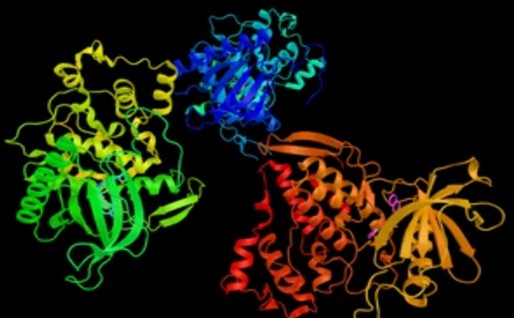Telomeres, composed of repetitive DNA sequences and associated proteins, provide a protective cap that ensures the integrity and functionality of the genome. Plant telomeres play a crucial role in maintaining the genetic stability of plants by protecting the ends of chromosomes from degradation and fusion. However, a small portion of the telomere is usually lost during DNA replication. To counteract telomere shortening, plants rely on an enzyme called telomerase. Telomerase can add DNA repeats to the ends of chromosomes, lengthening the telomeres and compensating for the loss during replication.
Lifeasible, as a leading plant biotechnology company, is committed to helping our customers achieve effective and successful research. We provide comprehensive and reliable analysis services of plant telomeres, including structural, localization, regulatory mechanism, and functional analyses. In addition, we deliver reliable results and reports on time to our customers worldwide.

Structural Analysis of Plant Telomeres
Lifeasible provides a structural analysis of plant telomeres, which has revealed fascinating insights into their composition and organization. In many plant species, telomeres consist of the TTAGGGG repeat sequence. We conduct studies of plant telomere length, telomerase activity, and binding proteins and assess their integrity and stability.

Molecular Level Analysis of Plant Telomeres
We further help our customers gain insight into telomeres at the molecular level. We specialize in telomere sequencing services, allowing for the precise determination of telomere sequence composition in plant genomes. In addition, our company offers comparative telomere analysis services, allowing for comparing telomere characteristics between different plant species or populations.

Localization Analysis of Plant Telomeres
Localization analysis provides valuable information about the distribution and arrangement of plant telomeres within the nucleus. We use fluorescence microscopy to visualize localization, distribution, and potential telomere-associated genomic rearrangements of telomeres. We also provide detailed telomere profiling services, where we characterize telomere length distribution patterns across different plant chromosomes and cell types.

Regulatory Mechanism Analysis of Plant Telomeres
Regulatory mechanisms governing the maintenance, replication, and repair of plant telomeres are subject to intensive investigation. Lifeasible's research has identified a multitude of factors influencing telomere dynamics in plants, including telomerase regulation, telomere-binding proteins, epigenetic modifications, and DNA damage response pathways.

Functional Analysis of Plant Telomeres
We offer exploration of telomere functions such as protection of linear chromosome end integrity, inhibition of DNA damage, and regulation of cellular senescence. At the same time, they play a crucial role in plant growth and development. Understanding the functional implications of plant telomeres holds immense potential for enhancing crop resilience and adaptability.

Dynamic and Stress Response Analysis of Plant Telomeres
Plant telomeres respond dynamically to environmental cues and stress conditions. We help our customers unravel the impact of various stressors on telomere length, structure, and integrity. We aim to identify key molecular players and signaling pathways involved in the stress response.
Lifeasible is always devoted to providing high-quality and satisfactory services to our customers. If you are interested in our services or have some questions, please feel free to contact us or make an online inquiry.